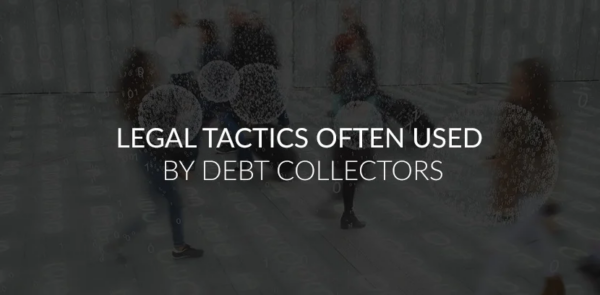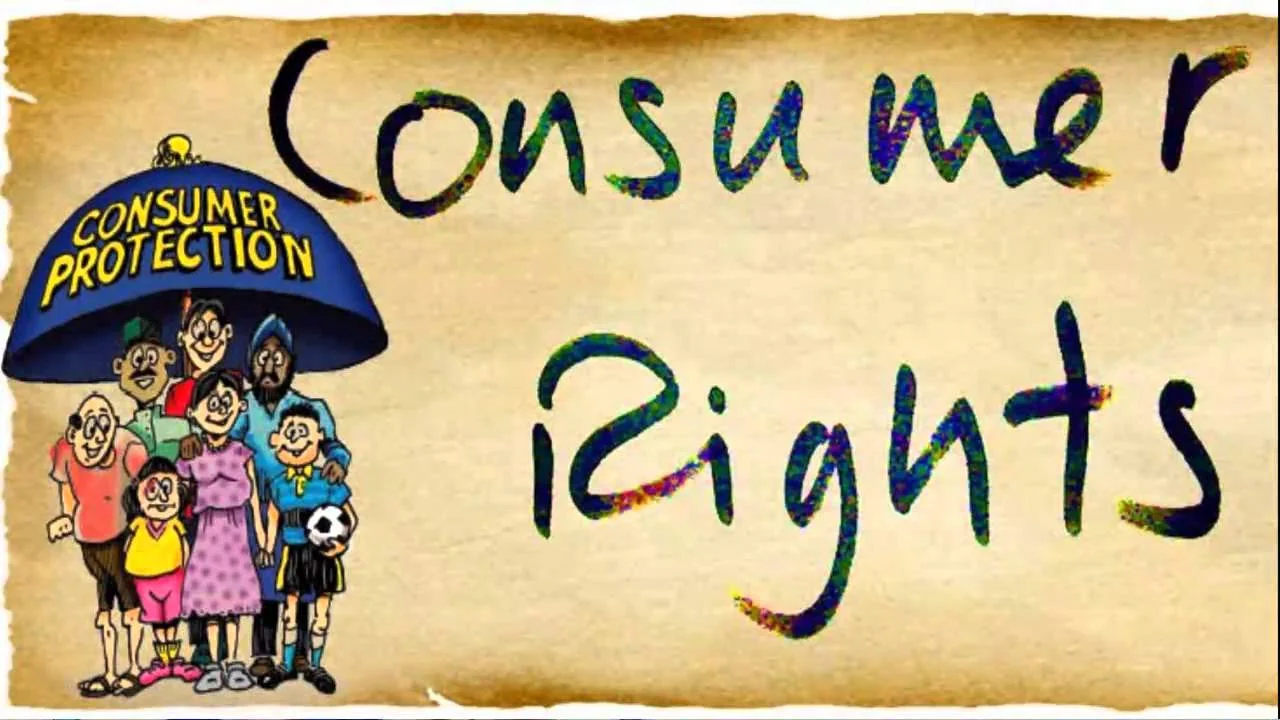Bank recovery agent harassment has become a growing concern for consumers facing financial difficulties. As banks seek to recover unpaid debts, some recovery agents resort to aggressive and unethical tactics to pressure borrowers into repayment. In this guide, we’ll delve into the alarming issue of bank recovery agent harassment, exploring the legal rights of consumers, common tactics used by recovery agents, and steps to take if you experience harassment. If you are in debt and don’t know how to manage all your unpaid debts, then just click on the link debt management plan and get answered!
Legal Rights of Consumers
Consumers are safeguarded by the Fair Debt Collection Practices Act (FDCPA) and related laws, shielding them from abusive debt collection practices. These regulations forbid recovery agents from employing harassment, threats, or deceptive methods during debt collection. Consumers possess the entitlement to validate debts, challenge inaccuracies, and demand a halt to collection activities, ensuring their legal rights are upheld.
Prohibited Practices
Recovery agents are prohibited from engaging in a wide range of abusive practices, including
Making repeated harassing phone calls
Threatening violence or using obscene language
Contacting consumers at unreasonable hours
Misrepresenting the amount owed or falsely claiming to be law enforcement
Falsely threatening legal action or garnishment of wages
Consumer Protections
Consumers hold the right to take legal action against debt collectors breaching their FDCPA rights. Options include submitting a complaint to the Consumer Financial Protection Bureau (CFPB), engaging a lawyer for a civil lawsuit, or pursuing damages for emotional distress resulting from harassment. Additionally, consumers can curtail collection activities by dispatching a cease-and-desist letter to the recovery agent, exercising their authority to protect against undue practices.
Common Tactics Used by Recovery Agents
Recovery agents often employ a variety of tactics to pressure borrowers into repayment, including
Making repeated phone calls and threats of legal action
Contacting borrowers’ family members, friends, and employers
Visiting borrowers’ homes or workplaces without permission
Using intimidation and scare tactics to coerce payment
Falsely representing the consequences of non-payment,

Impact on Consumers
Bank recovery agent harassment can have serious consequences for consumers, including
Emotional distress and mental health issues
Damage to reputation and relationships
Financial hardship and inability to repay debts
Legal problems and lawsuits
Loss of privacy and personal security
Steps to Take if You Experience Harassment
If you experience harassment by a bank recovery agent, there are several steps you can take to protect yourself
Document all communication and interactions with the recovery agent
Send a written cease-and-desist letter requesting that collection activities cease
File a complaint with the Consumer Financial Protection Bureau (CFPB)
Seek legal advice from an attorney specialising in consumer rights
Consider filing a civil lawsuit against the recovery agent for violations of the FDCPA
FAQs
1. What is bank recovery agent harassment, and how can I identify it?
Bank recovery agent harassment involves aggressive or deceptive tactics used by debt collectors employed by banks to recoup unpaid debts. This can manifest as repetitive phone calls, intimidating letters, threats of legal action, or unauthorised communication with third parties.
2. What are my rights under the Fair Debt Collection Practices Act (FDCPA)?
The FDCPA protects consumers from abusive and illegal debt collection practices. These rights include the right to request a validation of the debt, to dispute the debt, and to limit communication with you or a designated representative.
3. What steps should I take if a bank recovery agent harasses me?
Document all forms of contact, including dates, times, and conversations.
Send a written “cease” letter to the debt collector, stating that you will no longer accept communication.
Contact the Consumer Financial Protection Bureau (CFPB) or your state attorney general’s office to report the harassment.
4. Can I be held liable for a debt that is not mine?
No, it is against the FDCPA for debt collectors to try to collect payments for debts that are discharged in bankruptcy and need counselling, that pass the statute of limitations, or that are not owed by the customer they are contacting.
5. What are my rights when dealing with a bank recovery agent?
You have the right to be treated fairly and respectfully.
Bank recovery agents cannot harass you or make false or misleading statements.
You have the right to request a written explanation of any debt collection actions.
You have the right to dispute any inaccurate or incomplete information.
You have the right to privacy, and recovery agents cannot contact you at inconvenient times or places.


Leave A Comment